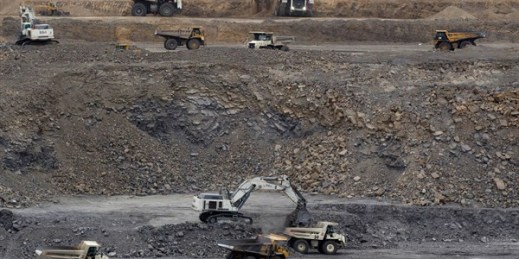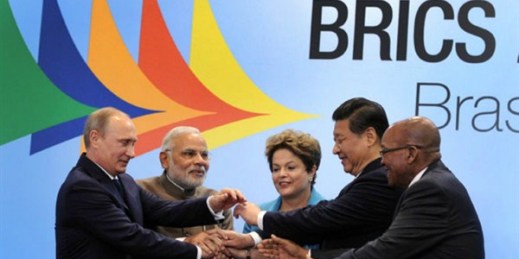
For the first time, Saudi Arabia’s budget this year includes measures to gradually reduce subsidies on gasoline and other fuel, in response to declining oil revenue from the slump in global energy prices. The move, replicated in other Arab Gulf states, represents a fundamental challenge to the assumptions on which the region’s economy and political structure are based. Since the beginning of the year, millions of Saudis have found it more expensive to drive to and from work each day. To people living outside the Gulf, the burden may not seem onerous. The cost at the pumps of higher-grade gasoline […]


